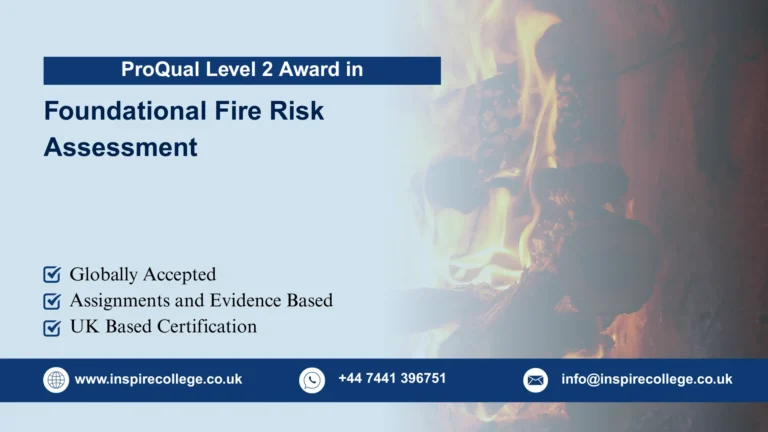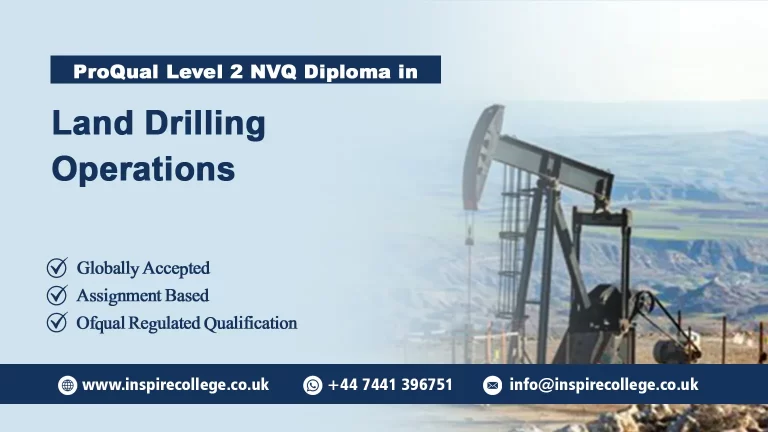ProQual Level 2 Award in Understanding the Fundamentals of Flow Measurement in Oil & Gas and Associated Industries
Master Flow Measurement in Oil & Gas with ProQual Level 2 Award
Awarding Body : ProQual
Study unit : 1
Duration: 1-3 Months
GHL: 50
Your Gateway to Professional Flow Measurement Expertise in Oil & Gas.
The ProQual Level 2 Award in Understanding the Fundamentals of Flow Measurement is a comprehensive training course designed to equip professionals with essential knowledge and skills for accurate flow measurement in the Oil & Gas industry. This course covers fundamental principles of flow measurement, ensuring that participants understand both the theory and practical applications essential for operating within the sector. The oil and gas industry relies heavily on precise flow measurement to ensure efficiency, safety, and regulatory compliance, making this qualification a vital asset for any professional in the field.
Throughout this course, learners will delve into key concepts such as the types of flow measurement devices, calibration methods, and the importance of accuracy in reading and interpreting flow data. With a focus on real-world applications, the ProQual Level 2 Award ensures that participants are ready to handle flow measurement tasks in a range of environments within the oil and gas sector. Whether you are a technician, engineer, or operations manager, this qualification enhances your ability to make data-driven decisions that optimize operations and minimize errors.
By completing this course, participants not only gain valuable technical knowledge but also improve their career prospects in the highly competitive oil and gas industry. The ProQual Level 2 Award sets the foundation for advanced roles and further specialized certifications, making it an essential step in your professional growth.
Follow Us
Start Learning Today
Get in Touch
+44 2035 764371
+44 7441 396751
info@inspirecollege.co.uk
www.inspirecollege.co.uk






